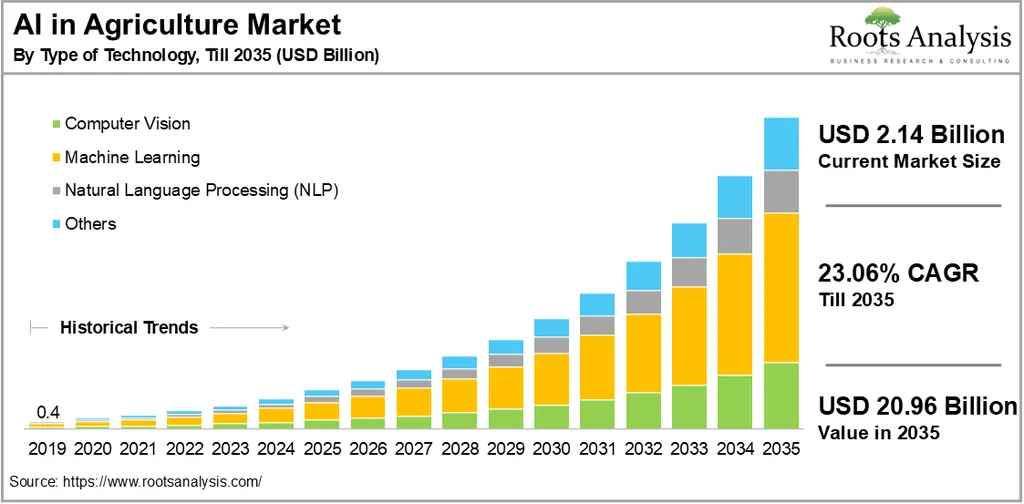In the picturesque town of Wuzhen, East China’s Zhejiang province, the Digital Agriculture Forum of the 2025 World Internet Conference Wuzhen Summit convened, drawing a diverse assembly of global experts to deliberate on the future of agriculture in the age of artificial intelligence. The forum, held on November 8, 2025, centered around the theme “Digital Agriculture Solutions in the AI Era,” aiming to chart pathways for technological innovation and collaborative ecosystem development to propel the digital and sustainable transformation of agriculture worldwide.
The event kicked off with opening remarks from distinguished attendees, including Dejan Jakovljevic, chief information officer of the UN Food and Agriculture Organization (FAO) and director of the Digital FAO and Agroinformatics Division. Jakovljevic emphasized the critical role of digital technologies in addressing global food security challenges. Huang Xianhai, vice-president of Zhejiang University, and Fan Jiezhen, co-founder of Pinduoduo, also delivered insightful addresses, underscoring the importance of academic-industry collaboration and the potential of AI in revolutionizing agricultural practices.
The forum featured a series of keynote speeches and a roundtable discussion, covering topics such as “AI-driven agricultural progress,” “commercial practices in digital agriculture,” and “agriculture outlook in the AI era.” Participants included representatives from international organizations like the FAO, the World Bank, the UN World Food Programme, and the Asian Development Bank. Government agencies, research institutions, and industry leaders also contributed to the discussions, fostering a comprehensive exchange of ideas and perspectives.
One of the highlights of the forum was the inauguration of the Digital Agriculture Innovation (Hangzhou) Hub, supported by the FAO. This center is established to accelerate research and development, as well as the practical application of digital farming technologies. The hub is a testament to the growing recognition of the need for collaborative platforms that bring together stakeholders from various sectors to drive innovation in agriculture.
The forum, co-organized by the FAO, Zhejiang University, and Pinduoduo, with support from Hangzhou High-Tech Zone (Binjiang) and Zhejiang Top Cloud-Agri Technology Co, attracted about 80 participants. This diverse assembly included representatives from international organizations, government agencies, academic institutions, and the agricultural industry, reflecting the broad interest and commitment to advancing digital agriculture.
The implications of the Digital Agriculture Forum are significant. As the global population continues to grow, the demand for food is expected to increase substantially. Digital technologies, particularly AI, offer promising solutions to enhance agricultural productivity, sustainability, and resilience. The forum provided a platform for global experts to share insights, best practices, and innovative solutions, fostering collaboration and knowledge exchange.
Moreover, the establishment of the Digital Agriculture Innovation (Hangzhou) Hub underscores the commitment of key stakeholders to invest in and promote the adoption of digital technologies in agriculture. This hub is expected to play a pivotal role in accelerating the development and deployment of digital farming technologies, ultimately contributing to the achievement of the United Nations Sustainable Development Goals, particularly those related to food security and sustainable agriculture.
In conclusion, the Digital Agriculture Forum of the 2025 World Internet Conference Wuzhen Summit served as a catalyst for advancing the digital and sustainable transformation of agriculture. By bringing together global experts and fostering collaboration, the forum has set the stage for innovative solutions that can address the pressing challenges facing the agricultural sector in the AI era.

